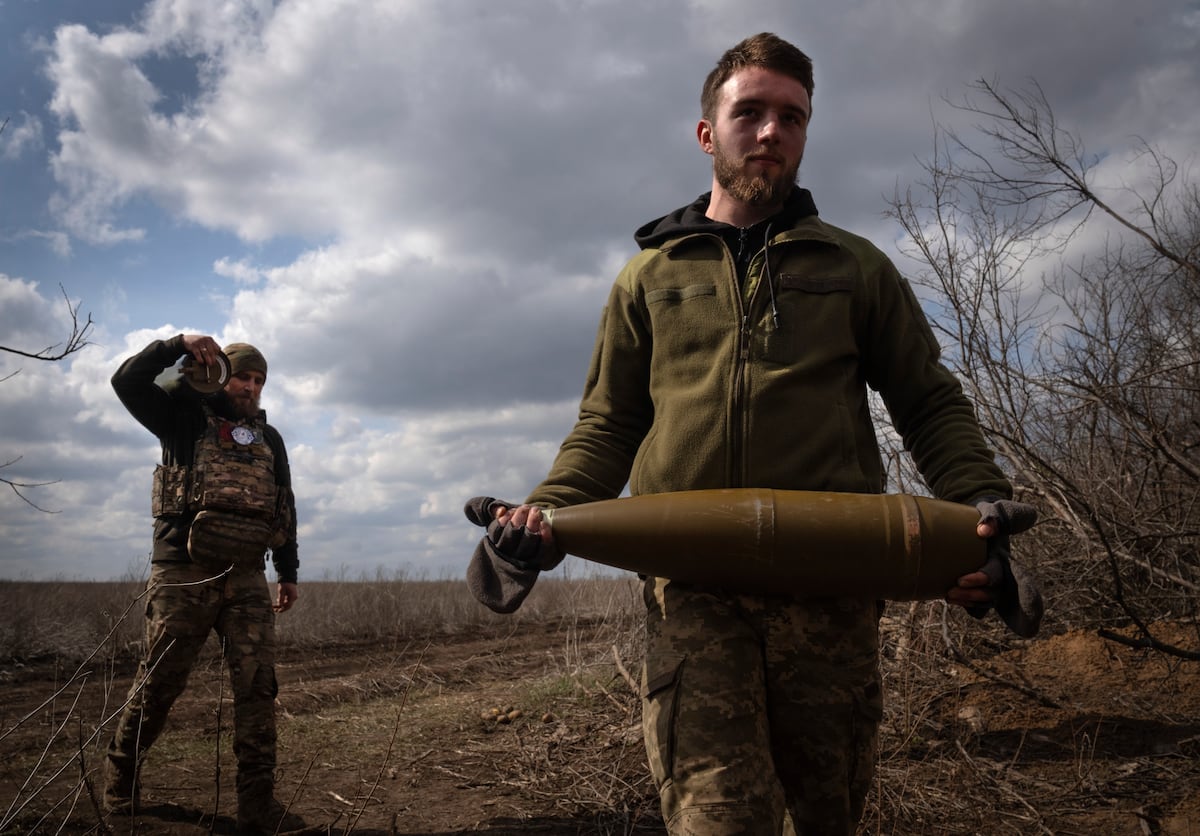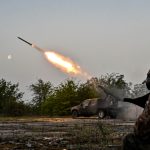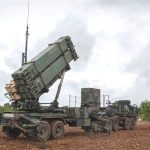Desertion has emerged as a critical issue for the Ukrainian army, significantly depleting its manpower and undermining plans at a pivotal moment in the ongoing conflict with Russia. As the war drags into its third year, reports indicate that tens of thousands of Ukrainian soldiers have abandoned their posts amid a myriad of challenges, leading to weakened defensive capabilities and accelerated territorial losses.
According to soldiers, military officials, and legal experts, entire units have fled front-line positions, leaving them vulnerable to enemy advances. Many troops are reported to have taken medical leaves, never to return, traumatized by the brutal realities of warfare and disillusioned by the prospects of victory. Fractures within the ranks have become apparent as soldiers increasingly clash with commanders, with some refusing orders during active combat.
Military analyst Oleksandr Kovalenko highlighted the severity of the problem, stating, “This is the third year of war, and this problem will only grow.” While desertions have also been reported among Russian troops, the scale of Ukrainian AWOL cases reveals deeper issues within their armed forces, including challenges related to the mobilization process and the overstretched conditions of front-line units. This comes amid calls from the United States for Ukraine to draft additional personnel, including conscripting individuals as young as 18.
Reports indicate that over 100,000 soldiers have faced charges under Ukraine’s desertion laws since the onset of the war in February 2022, with nearly half having gone AWOL within the last year alone. This surge coincides with the Ukrainian government’s controversial mobilization efforts, which many officials concede have been significantly flawed. Lawmakers familiar with military affairs suggest that the true number of deserters could be as high as 200,000.
The psychological toll on soldiers is profound, with many struggling with intense feelings of guilt and frustration over their inability to continue fighting. Serhii Hnezdilov, one of the few soldiers willing to openly discuss his decision to desert, expressed the emotional burden of prolonged service without hope of demobilization, describing it as a “prison” that diminishes the will to defend the country.
As military commanders strive to maintain operational readiness, instances of entire units abandoning their posts have severely compromised defensive lines. An officer from the 72nd Brigade pointed out that these desertions were significant factors in Ukraine’s loss of Vuhledar, a key town, in October, emphasizing that the existing force was already stretched thin.
Further complicating the situation, military officials noted a deficit of 4,000 troops at the front in September, predominantly due to casualties and desertions. Soldiers are often left uninformed about the state of their comrades and the breakdown of unit cohesion, leading to dire consequences during combat.
Despite the high rates of desertion, military leaders have approached the issue with a degree of understanding, acknowledging the exhaustion and mental strain experienced by soldiers. Charging deserters with legal repercussions appears to be seen as a last resort, primarily pursued when attempts to persuade them to return have failed.
Legal representatives defending deserters argue that the absence of adequate psychological support contributes significantly to the increasing rates of desertion. They contend that soldiers are often not able to cope with the continuous stress and trauma of warfare, and once charges for desertion come into play, the legal complexities surrounding mental health become pronounced.
As the Ukrainian military faces these mounting challenges, military leaders and analysts warn that the ongoing desertion crisis could have lasting implications not only for combat effectiveness but also for future negotiations and the broader trajectory of the conflict. The road ahead remains fraught with obstacles as the realities of war strain the resolve of those still willing to fight.













